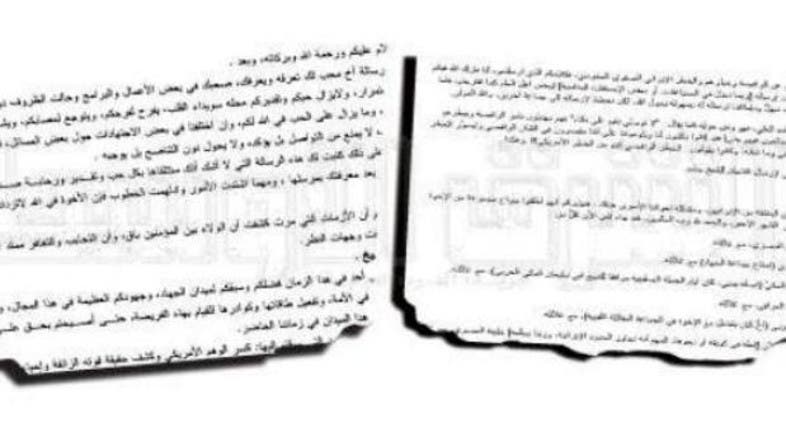There was an official Palestinian flag raising at the United Nations this year. Last March, Pope Francis announced the Vatican’s full recognition of Palestine as a state. So the work continues to lobby all factions for a Palestinian State, but, somehow, Barack Obama missed the memo, or did he?
So, while some speechwriter did an eloquent job of writing Obama’s opening speech, it really spoke to climate change, refugees, challenging Russia and China. But when it came to another major elephant in the Middle East, Obama ignored mentioning Israel and the conflict with Palestine, when Mahmoud Abbas will be challenging the matter in his speech. In fact, Abbas is about to retire and is likely out of options for the near future.
It is almost impossible to hear what is not said, unless you are really listening.
The NYT’s has the text of Barack Obama’s remarks. Meanwhile, it appears the topic of Palestine and Israel was perhaps coordinated with Sheik Tamin bin Hamad al Thani of Qatar. The White House has used Qatar as the single ‘go-to’ source for working deals in the Middle East.
It was a large agenda item a few years ago for the White House, where Hillary Clinton passed the Palestinian peace talk baton to John Kerry. Today, with a completed Iran nuclear deal, the White House and the Secretary of State, how no further interest in Palestine, rather it is left to the Qataris, the Palestinian Authority and anyone else who cares.
Obama’s UN Speech Ignores Israel but Hits Hard at Putin and Assad
President Barack Obama’s address to the United Nations General Assembly Monday was extraordinary in its total exclusion of Israel and the Palestinian Authority and its hard-hitting attack on the Assad regime in Syria and its ally Russia.
A strong indication that President Obama has finally realized what he and numerous predecessors did not understand was this statement:
There are no simple answers to the changes that are taking place in much of the Middle East and North Africa.
It is not the first time he has said that, but unlike previous speeches, it was not followed up by the usual pie-in-the-sky statements that “Peace is made with enemies.” or “Solving the Israel-Palestinian Authority struggle is the key to bringing peace to the Middle East.
Saeb Erekat, who chief negotiator for the Palestinian Authority and is secretary-general of the parent PLO, was extremely disappointed with Obama’s speech. He said:
Does President Obama believe that he is able to defeat the Islamic State (ISIS) and terror or bring stability and security to the Middle East by ignoring the continuing Israeli occupation, settlements and the ongoing Israeli attacks on Al Aqsa [the mosque on the Temple Mount]?
Obama’s speech was a resounding “yes” to Erekat.
The “occupation” never was a threat to the Middle East, but the United States foreign policy gurus couldn’t figure that out, even when the Arab Spring rebellions upended stability and brought anarchy, termed by the United States as democracy, to Egypt, Libya, Iraq and other boiling pots in Arab Muslim countries.
Years after the United States ignored ISIS, it has become Public Enemy No. 1 and is being used brilliantly by Russian President Vladimir Putin to justify direct Russian military force in Syria.
When Putin told the United Nations he is fighting the Islamic State, he could have been more accurate, Russia may be the only country fighting ISIS.
The American-led strike force has proven to be pitiful, as TheJewishPress.com reported here last week on the Americana-trained Syrian rebels who betrayed the United States and delivered American weapons to Al Qaeda.
The President verbally attacked ISIS but he was extremely careful to be polite to Islam, stating:
Part of that effort [against ISIS] must be a continued rejection by Muslims of those who distort Islam to preach intolerance and promote violence, and it must also a rejection by non-Muslims of the ignorance that equates Islam with terror.
President Obama mentioned “Israel” zero times in his speech. Ditto for the terms “Palestinian Authority” and Palestine.”
The only time he mentioned “Middle East” was in the context quoted above, that there are no simple solutions.
But he mentioned Syrian eight times and Russia 15 times with harsh comments that were nothing short of cold war speech.
For example:
The history of the last two decades proves that in today’s world, dictatorships are unstable.
Consider Russia’s annexation of Crimea and further aggression in eastern Ukraine. America has few economic interests in Ukraine. We recognize the deep and complex history between Russia and Ukraine. But we cannot stand by when the sovereignty and territorial integrity of a nation is flagrantly violated. If that happens without consequence in Ukraine, it could happen to any nation gathered here today. That’s the basis of the sanctions that the United States and our partners impose on Russia. It’s not a desire to return to a Cold War.
But his speech was remarkably chilly towards Moscow. He flatly stated:
Russia’s state-controlled media may describe these events as an example of a resurgent Russia… And yet, look at the results. The Ukrainian people are more interested than ever in aligning with Europe instead of Russia. Sanctions have led to capital flight, a contracting economy, a fallen ruble, and the emigration of more educated Russians.


